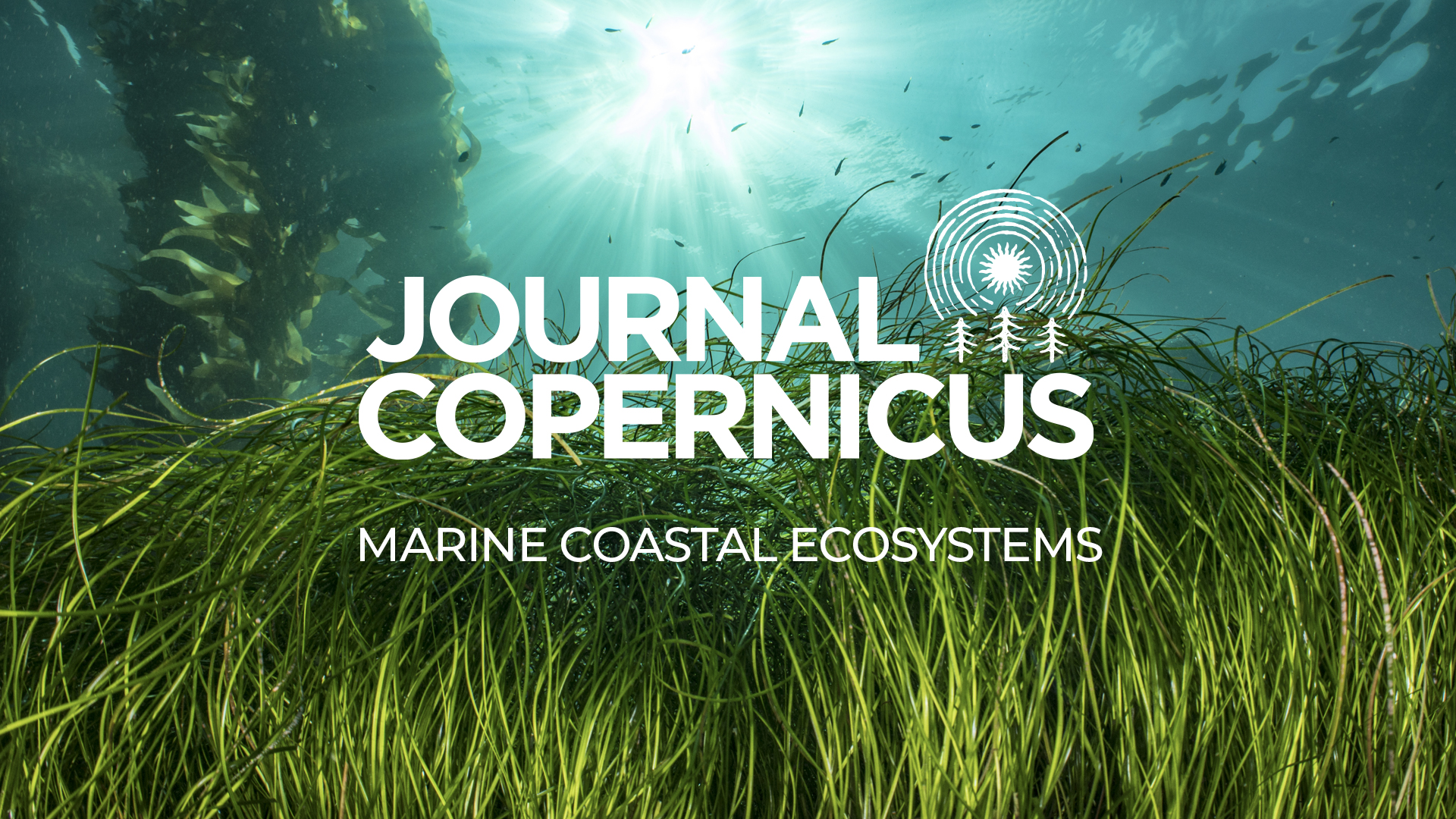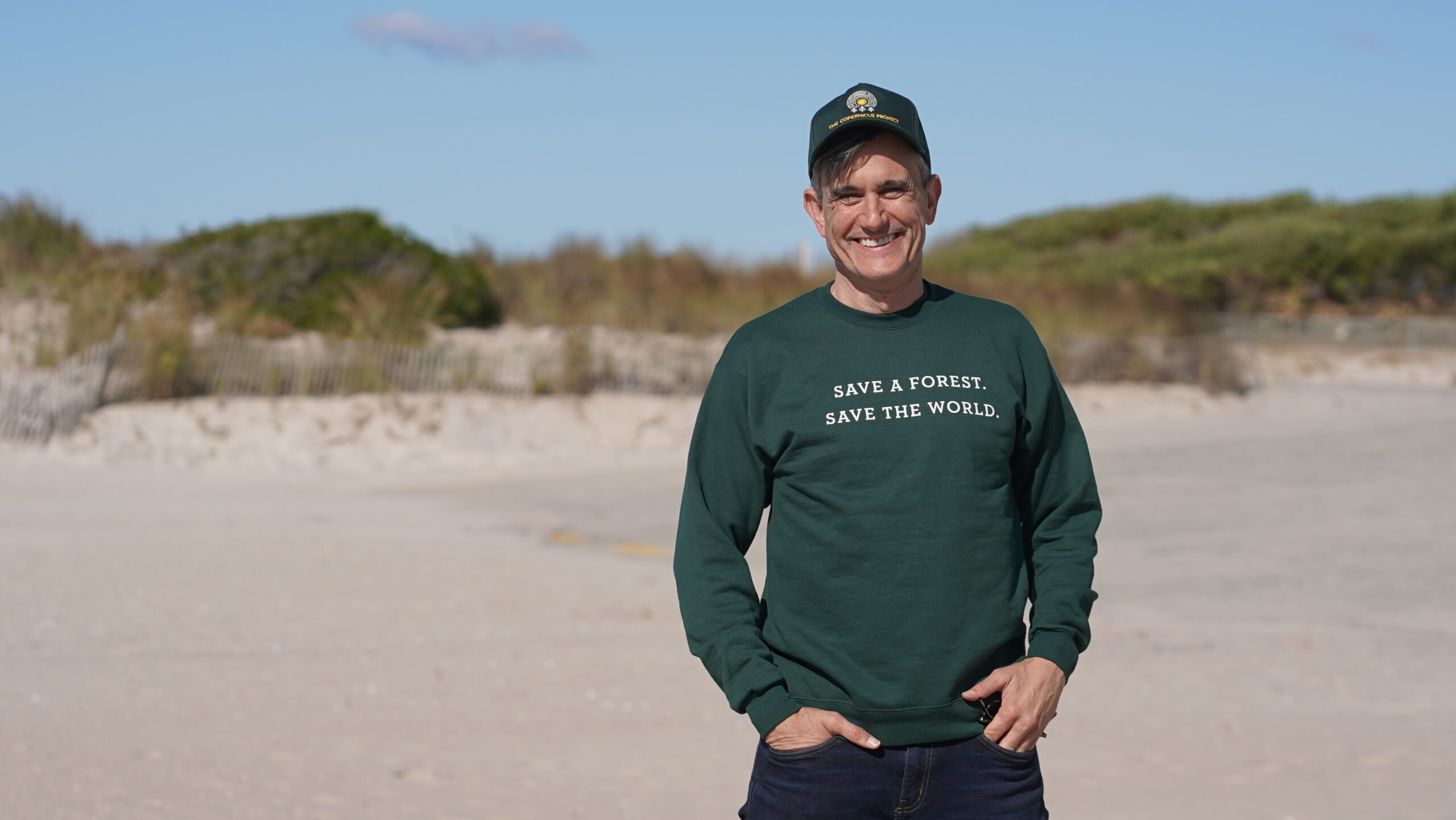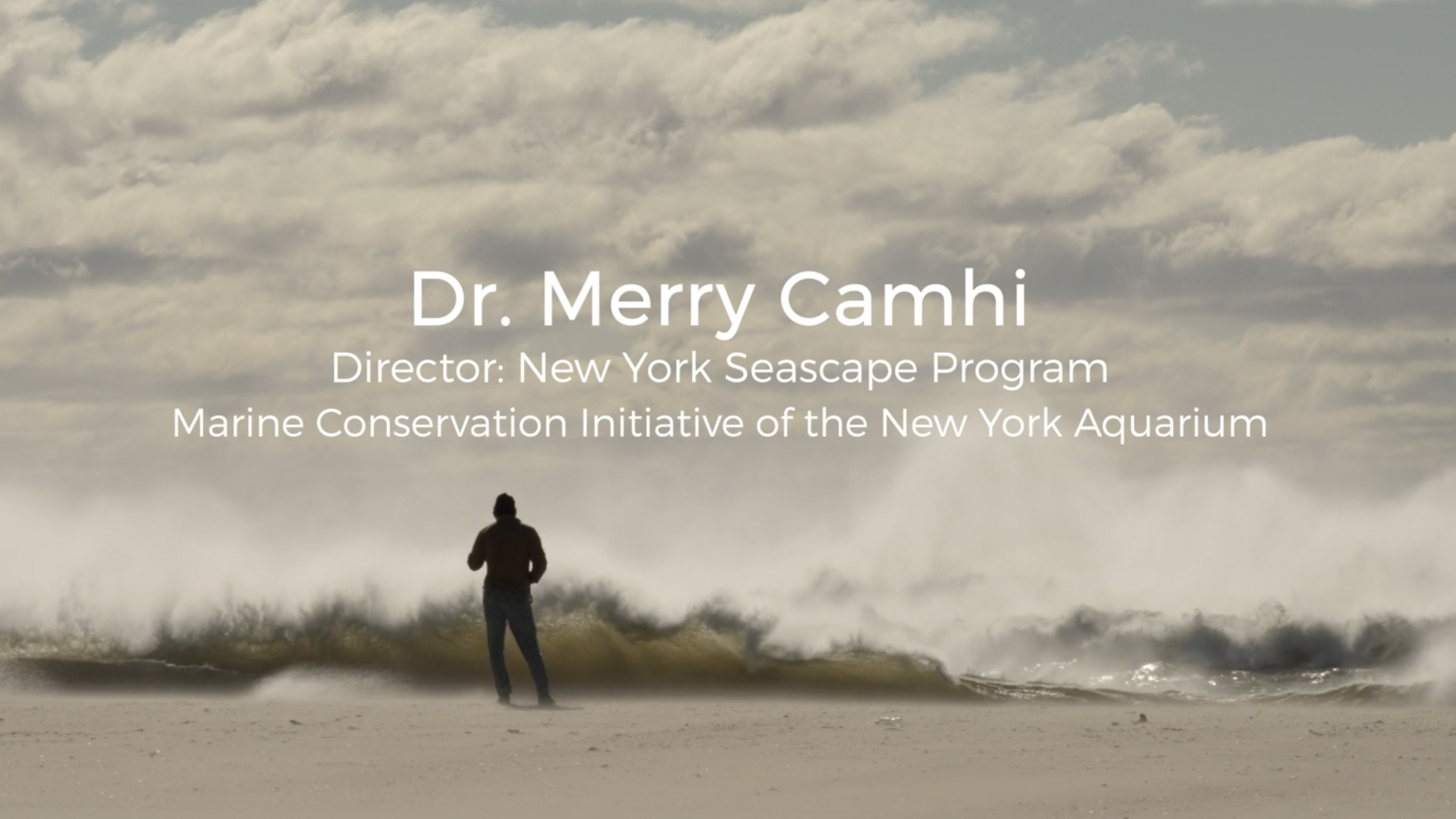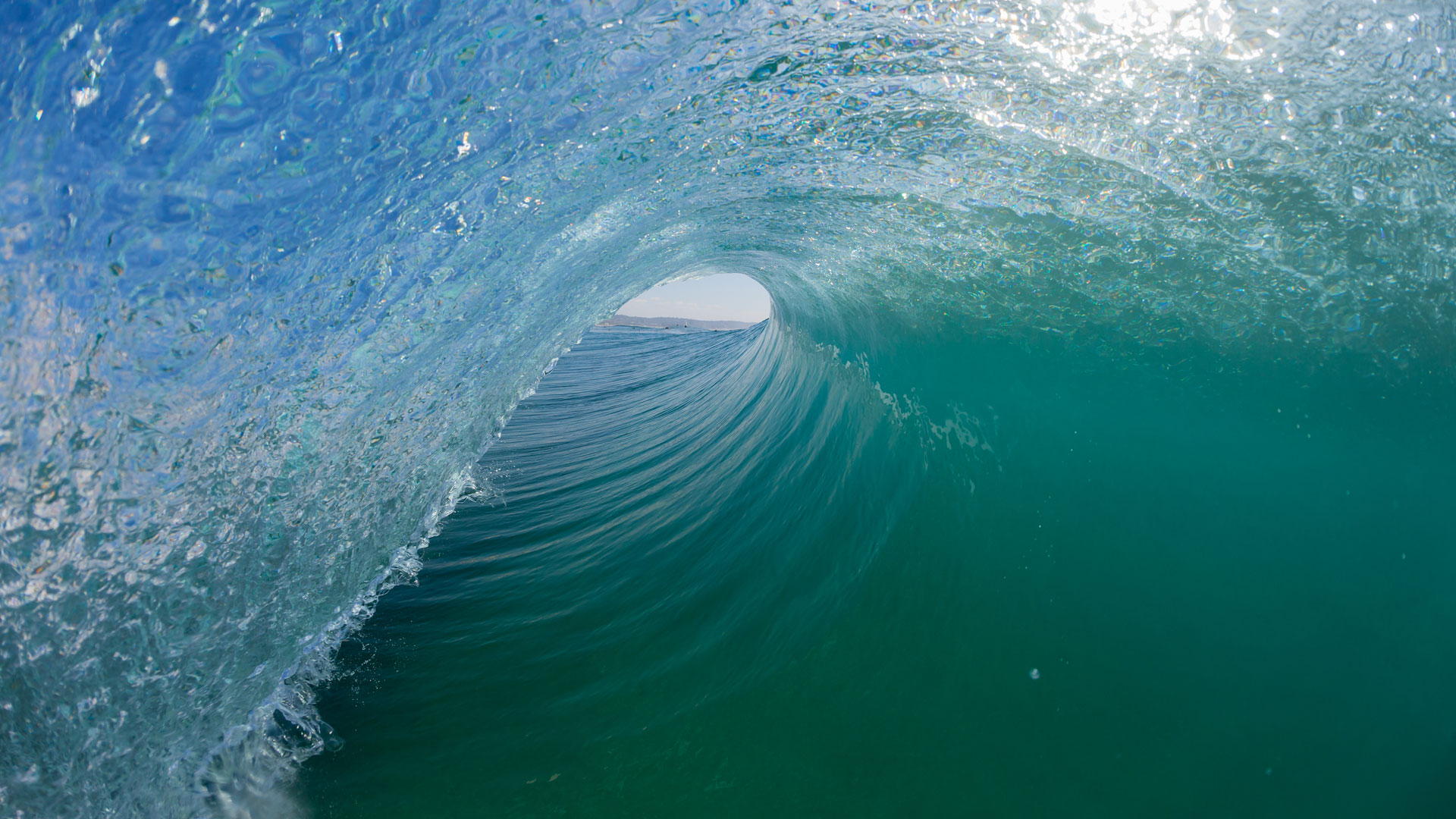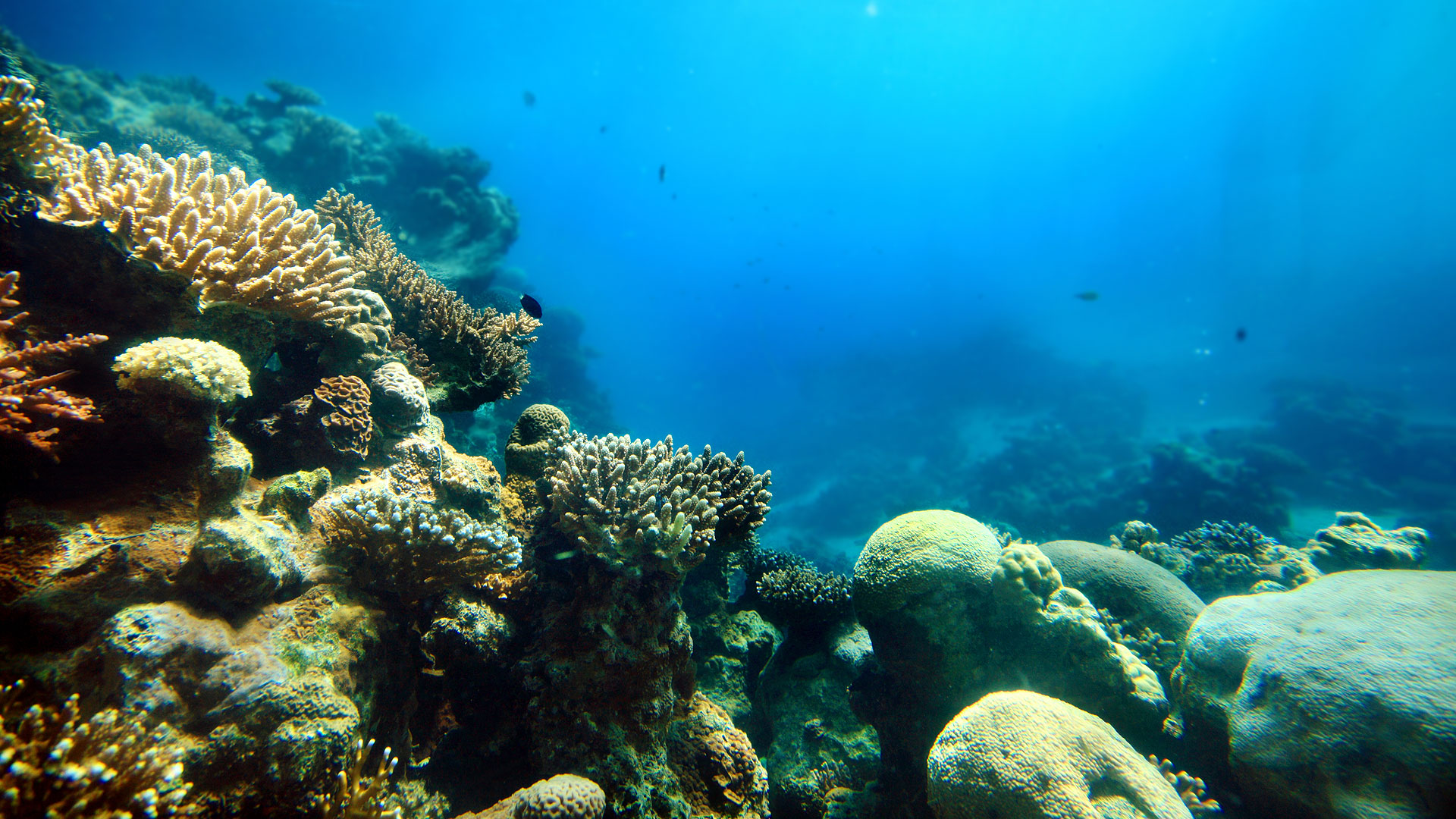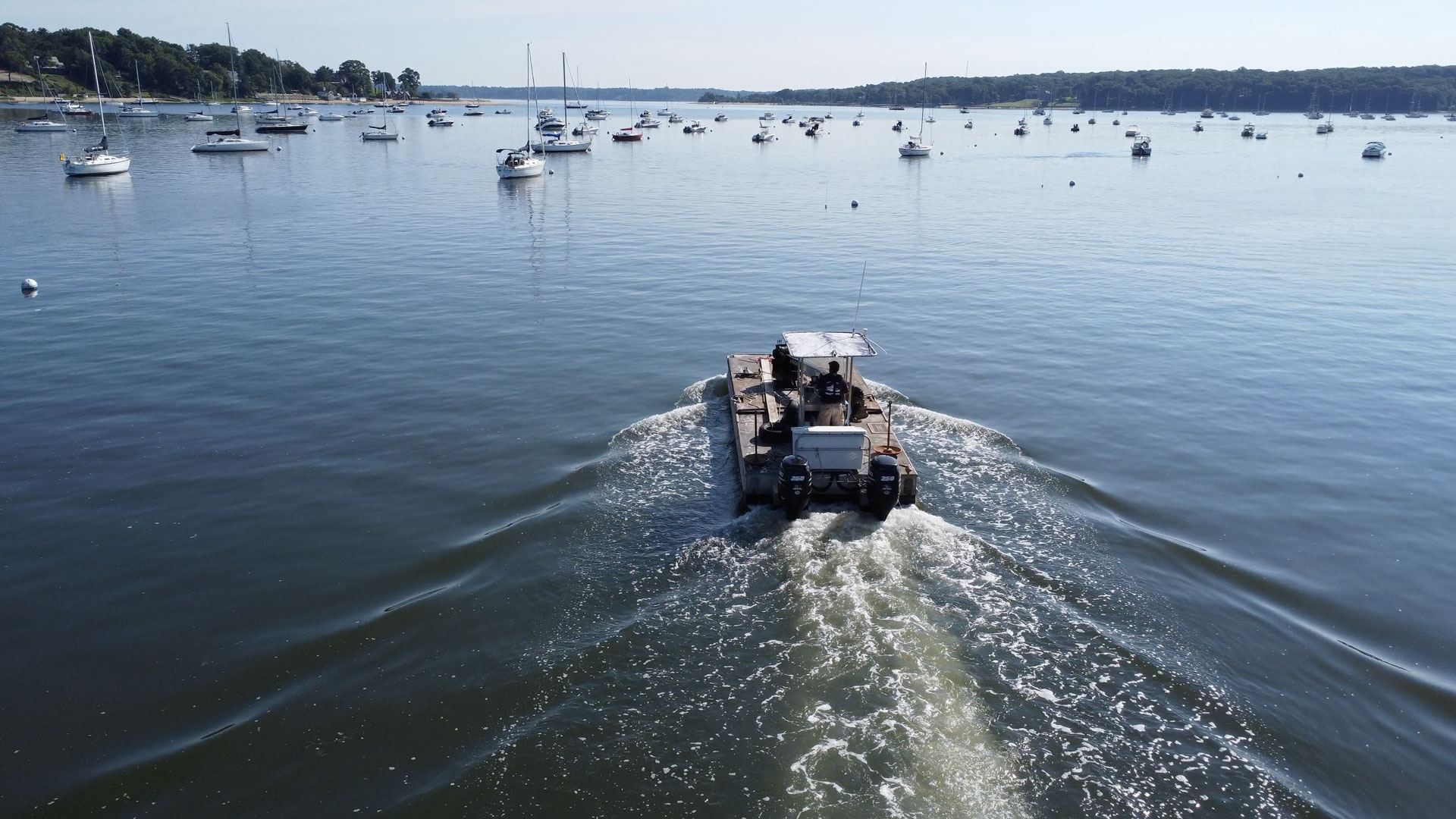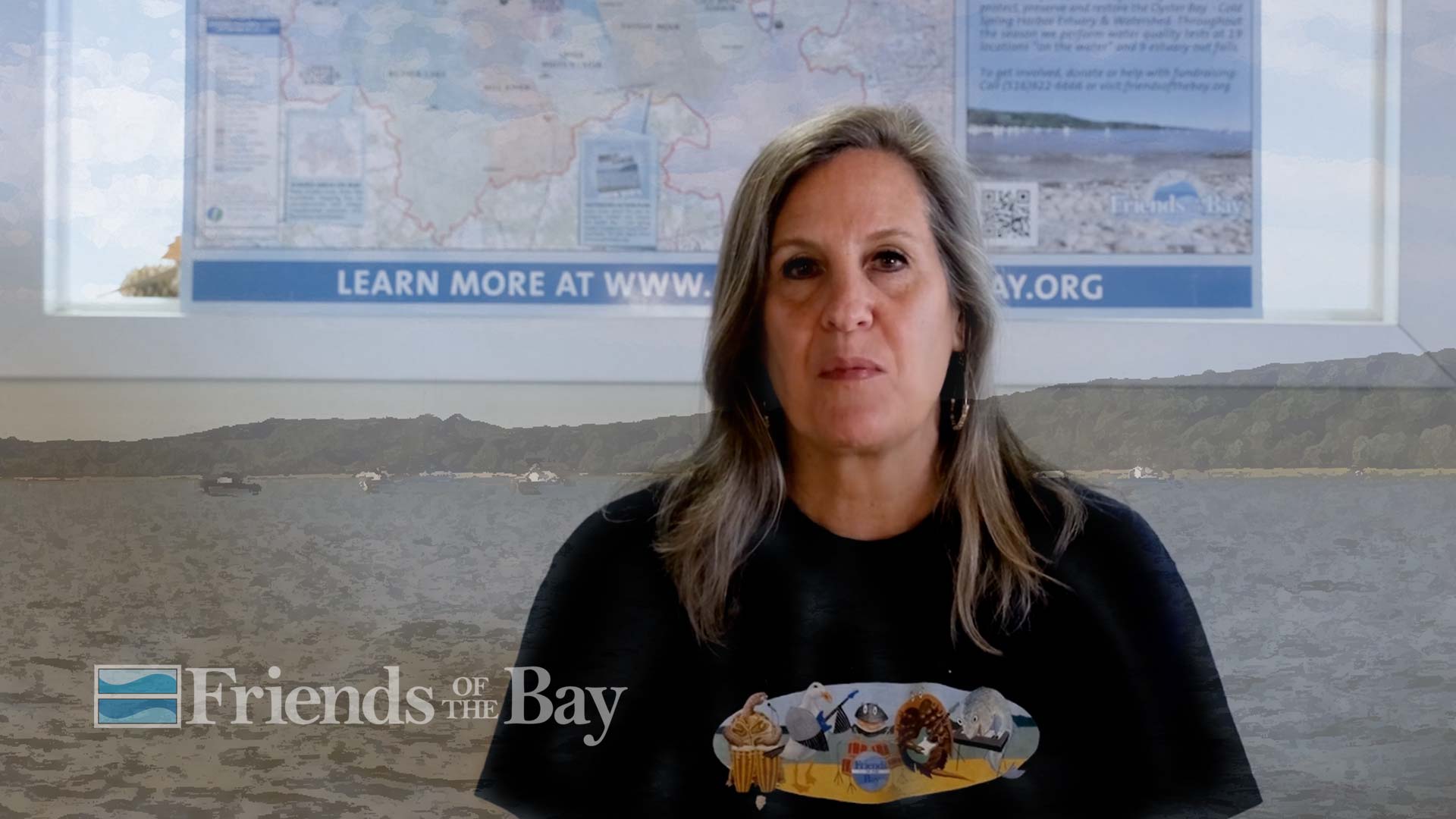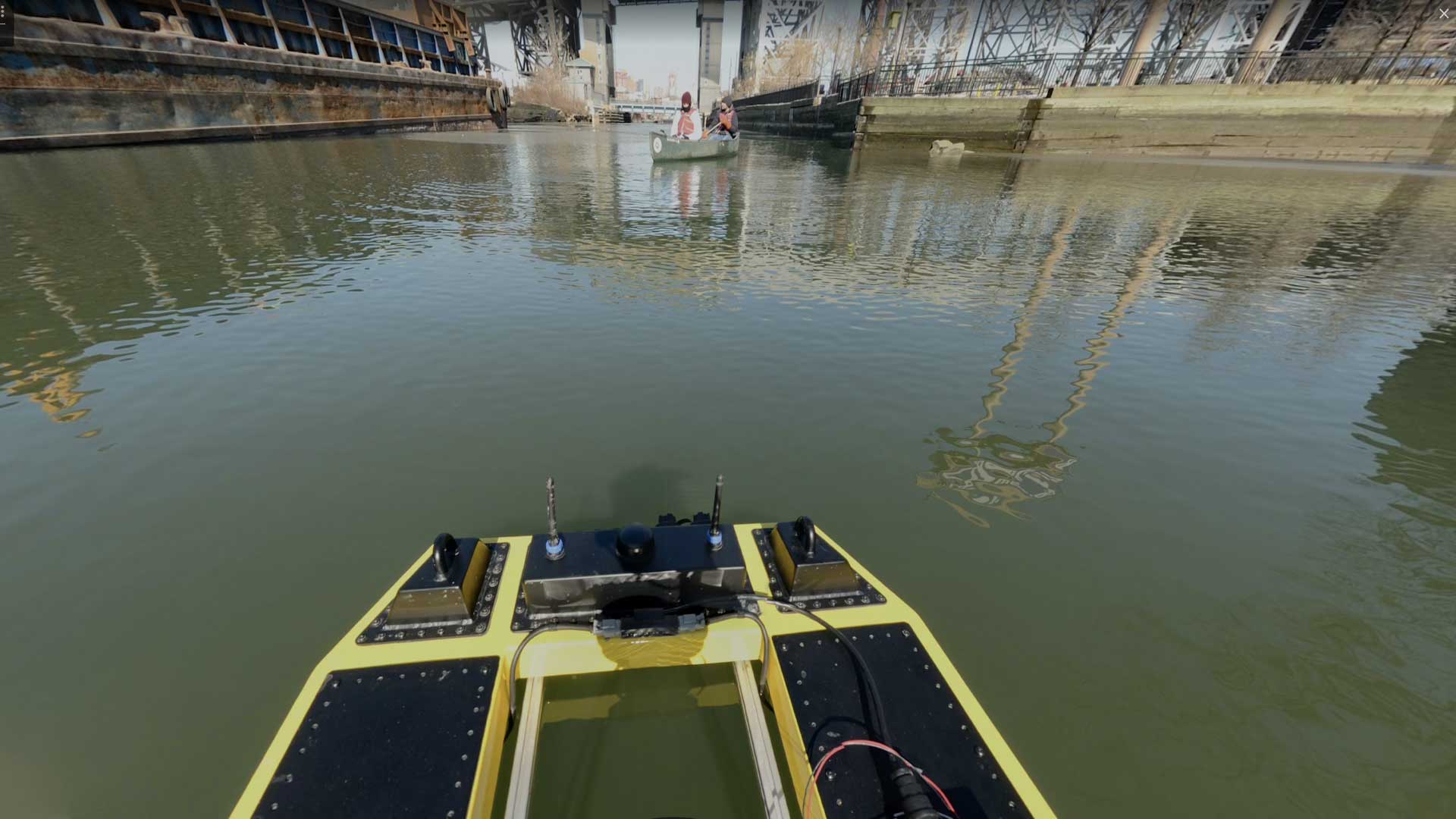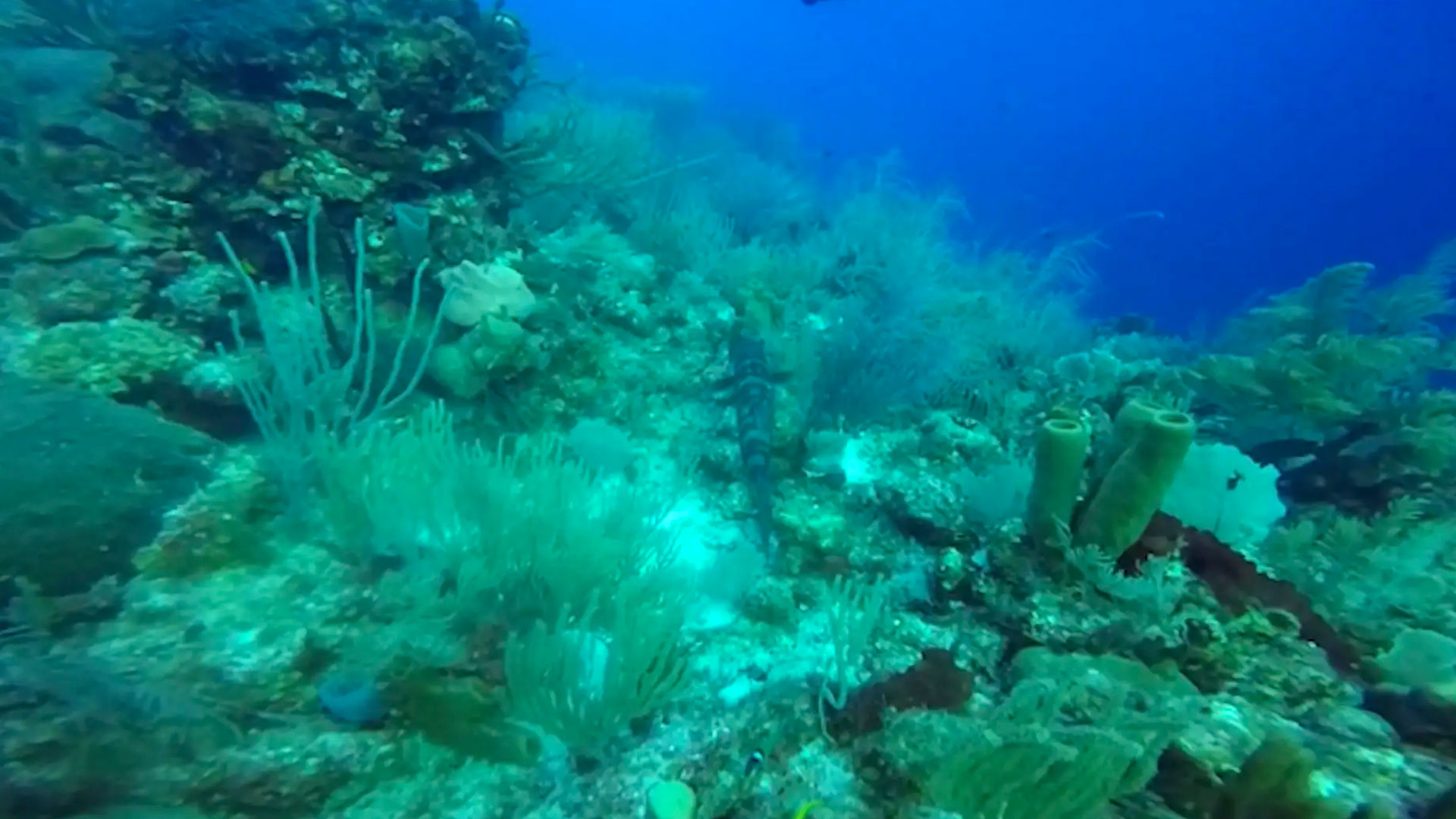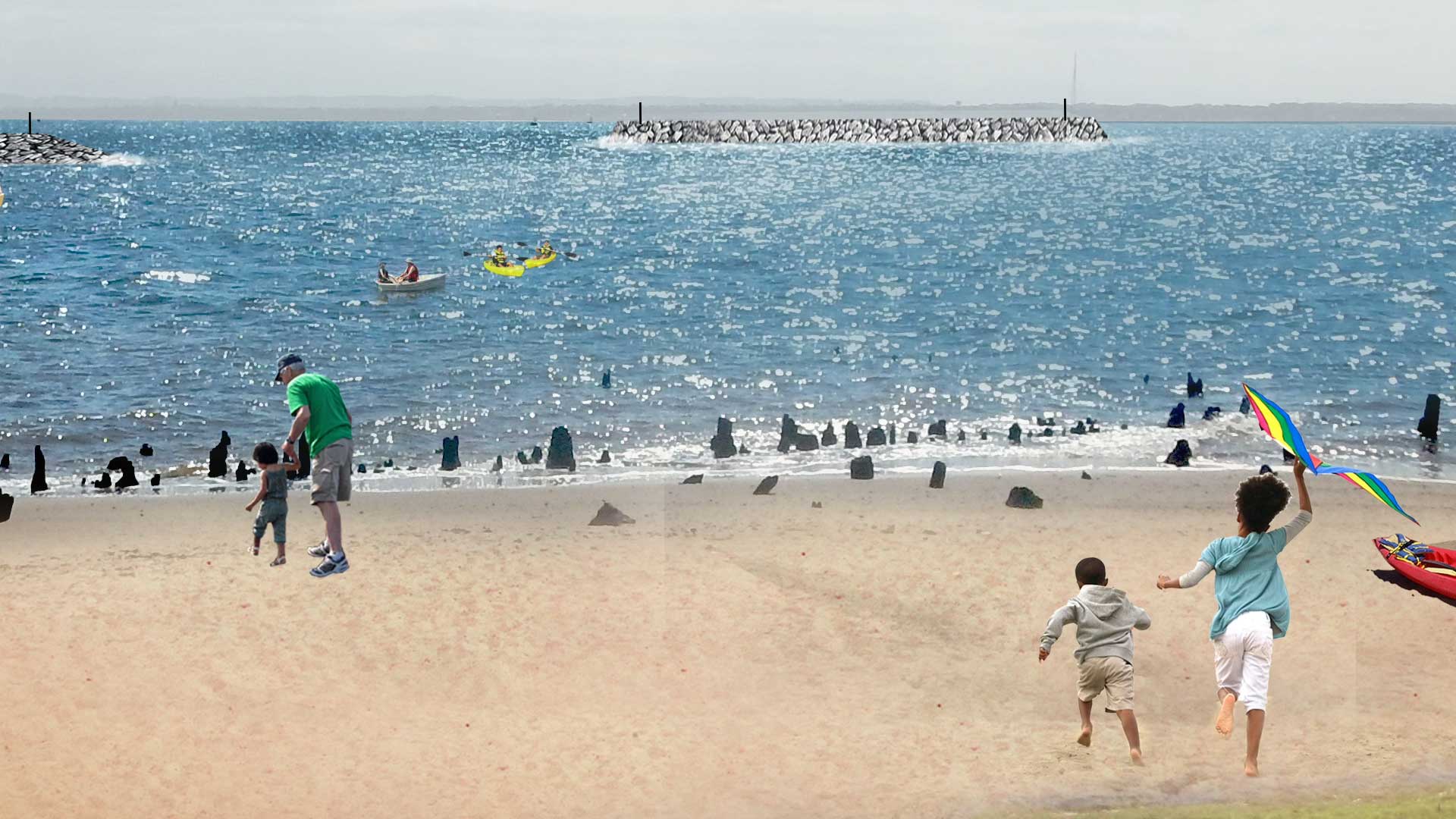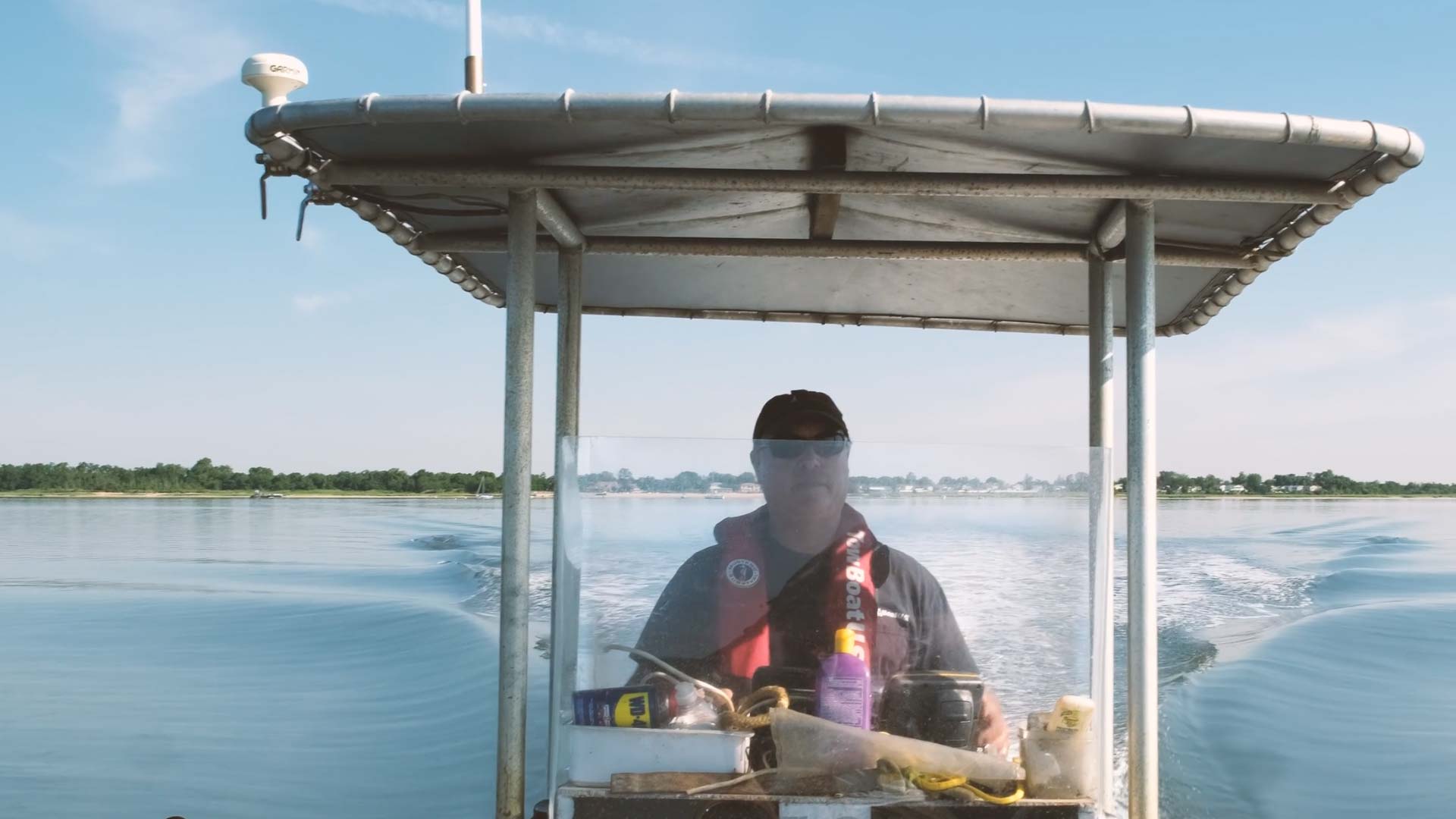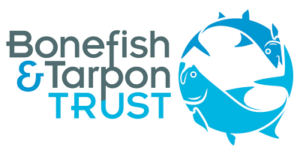THE MARINE COASTAL ECOSYSTEMS ISSUE
Blue Carbon: Fighting Global Warming From Our Shores
Directly and indirectly marine coastal ecosystems provide a vast range of ecosystem services for humans, such as:
- Food and livelihoods
- Absorbing 90% of excess heat caused by climate change and 23% of human-caused CO2 emissions
- Nurseries and fishing grounds for commercial fisheries
- Preventing coastal erosion and lessening the impact of extreme weather events
- Recreational activities
- Prime tourism destinations
THE MARINE COASTAL ECOSYSTEMS ISSUE
Blue Carbon: Fighting Global Warming From Our Shores
Directly and indirectly marine coastal ecosystems provide a vast range of ecosystem services for humans, such as:
- Food and livelihoods
- Absorbing 90% of excess heat caused by climate change and 23% of human-caused CO2 emissions
- Nurseries and fishing grounds for commercial fisheries
- Preventing coastal erosion and lessening the impact of extreme weather events
- Recreational activities
- Prime tourism destinations
THE MARINE COASTAL ECOSYSTEMS ISSUE
Blue Carbon: Fighting Global Warming From Our Shores
Directly and indirectly marine coastal ecosystems provide a vast range of ecosystem services for humans, such as:
- Food and livelihoods
- Absorbing 90% of excess heat caused by climate change and 23% of human-caused CO2 emissions
- Nurseries and fishing grounds for commercial fisheries
- Preventing coastal erosion and lessening the impact of extreme weather events
- Recreational activities
- Prime tourism destinations
Marine Coastal Ecosystems
What is Blue Carbon?
Your Content Goes HereBLUE CARBON:
Blue carbon is the carbon stored in coastal and marine ecosystems. These ecosystems sequester and store large quantities of blue carbon in both the plants and the sediment below. For example, over 95% of the carbon in seagrass meadows is stored in the soils.How much stored carbon in marine sediment?
50% SEDIMENT CARBON
Coastal habitats account for approximately half of the total carbon sequestered in ocean sediments.
Calcareous Ooze
Calcareous ooze is the most common of the three soils and covers approximately 48 percent of the ocean floor. It is composed of the shells of foraminifera, coccolithophores and pteropods, which are tiny organisms living in the ocean.
Red Clay
Red clay covers approximately 38 percent of the ocean floor and is brown. It is made up of quartz, clay minerals and micrometeorites, which are rocks that weigh less than a gram and have fallen to Earth from outer space.
Siliceous Ooze
Siliceous ooze is the least common of the three soils, covering approximately 15 percent of the ocean floor. It is composed of plankton debris and silica shells.

Mangroves
Mangroves are being lost at a rate of 2% per year. Experts estimate that carbon emissions from mangrove deforestation account for up to 10% of emissions from deforestation globally, despite covering just 0.7% of land coverage.

Tidal Marshes
Tidal marshes are being lost at a rate of 1-2% per year. They cover roughly 140 million hectares of Earth’s surface. They have lost more than 50% of their historical global coverage.
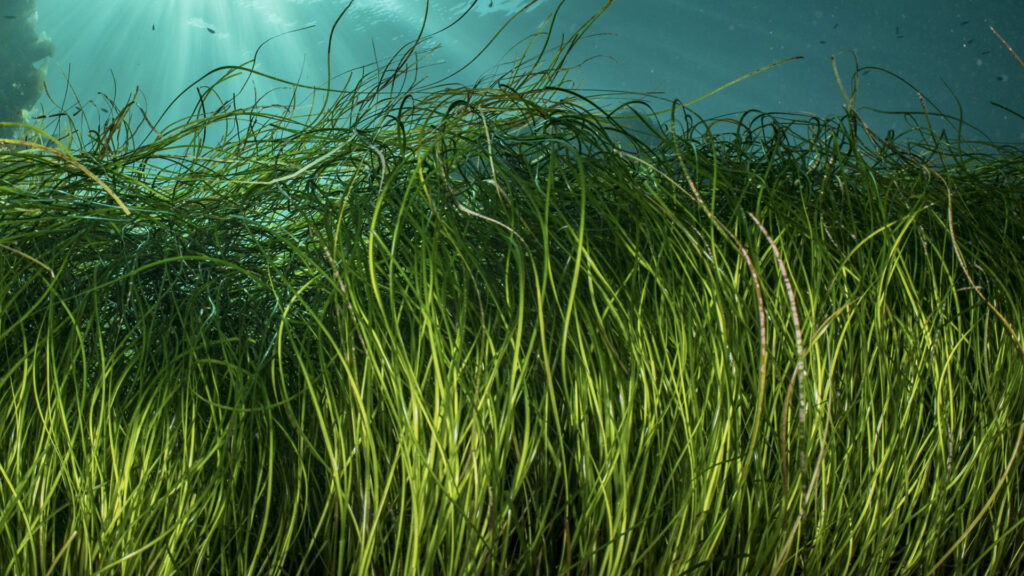
Seagrasses
Seagrasses cover less than 0.2% of ocean floor, but store about 10% of the carbon buried in the oceans each year. Seagrasses are being lost at a rate of 1.5% per year and have lost approximately 30% of historical global coverage.
Want to learn more or get involved? Check out these resources!
To learn more about the science of marine coastal ecosystems, visit NOAA!
Read about marine coastal ecosystems’ unique ability for carbon storage!
Explore further ocean-based CO2 removal approaches!

